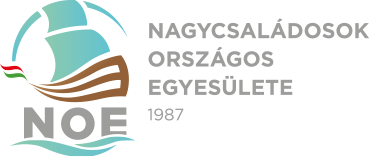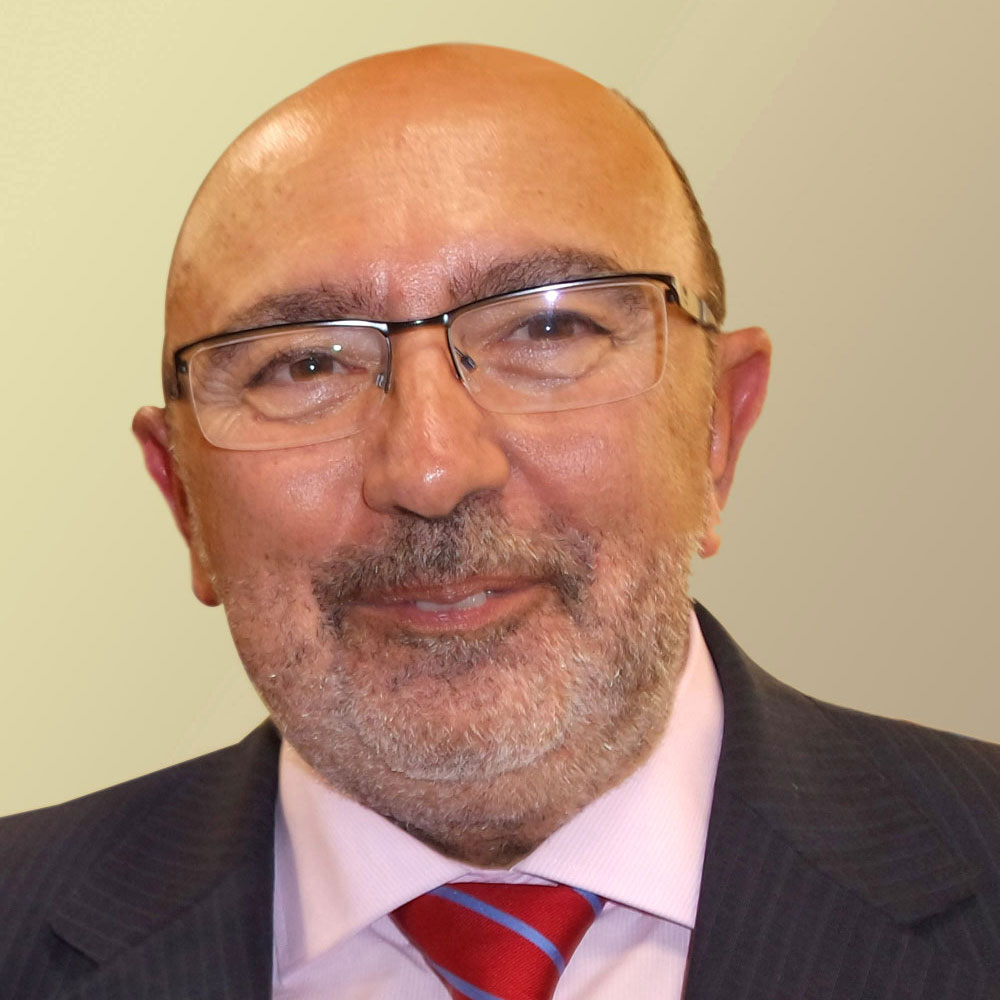Director of International Relations
International Federation for Family Development
Ignacio Socias is Director of International Relations of the International Federation for Family Devel-opment, an umbrella organization for more than 250 Family Enrichment Centers that operates in 70 countries, benefits over 90,000 people annually and has been granted reclassification of the consul-tative status at ECOSOC from special to general, a situation granted to only 3% of the organizations working with the UN. His job involves the design, team coordination and direction of activities: with United Nations ECOSOC, UNICEF, UN Women and other agencies; in the European Union, through its participation in research and dissemination programmes, as well as negotiation and intermedia-tion with European Parliament members and intergroups; with local, regional and national govern-ments of the countries where the Federation operates, sending regular information on family poli-cies research and good practices, and evidence-based and result-oriented consultancy.
Content of the lecture
The Sustainable Development Agenda, signed by all the governments of the world five years ago, set the clearest roadmap for the future (Sustainable Development Goals, or SDGs). Eradicating poverty, consolidating health habits, reaching inclusive equitable quality education and achieving gender equality are all part of that agenda, but how can we find the right way to reach them?
Family is the correct answer for a really holistic approach. The family unit has proven to be the main agent for development within societies and the cornerstone for sustainable cities. Therefore, its sphere of action must be of great concern in order to facilitate its role in generations to come.
The pandemic has confirmed our present society is not as idyllic as we thought, in terms of equality, freedom and ecology. Our labour market is outdated because it doesn’t allow women to be mothers; our education is outdated, because it doesn’t fit with the job offer; our social, economic and political system is outdated, because, when it overcomes traditional poverty, it brings more poverty of a new kind, poverty of time and affection, of the affection we all need so much.
In my opinion, we need to promote a new set of rules for family policies, based on four main principles:
- Flexibility in work conditions. We have seen how telework can be the rule in many cases, making work-family balance more accessible; helping the worker feel more integrated; saving space, time and costs to the employer.
- Responsibility in sharing work at home. With more flexible work arrangements, women wouldn’t have to face alone the triple burden of working as a man, having children and being responsible for most or the housework, as fathers would be able to spend more time at home.
- Solidarity among generations. The pandemic outbreak has been particularly detrimental to members of social groups in the most vulnerable situations, especially older persons, persons with disabilities and other illnesses, as well as youth and indigenous peoples in some areas. Beyond its immediate health impact, the pandemic will put many of them at greater risk of poverty, discrimination and isolation. We need to recover the intergenerational bond and find practical ways to show that every human life is equally important.
- Let’s not forget that this term, as originally coined by the Brundtland Commission, means “development that meets the needs of the present without compromising the ability of future generations to meet their own needs.” We need to take care of our planet, but because we want to take care of its inhabitants, our fellow men and women.

